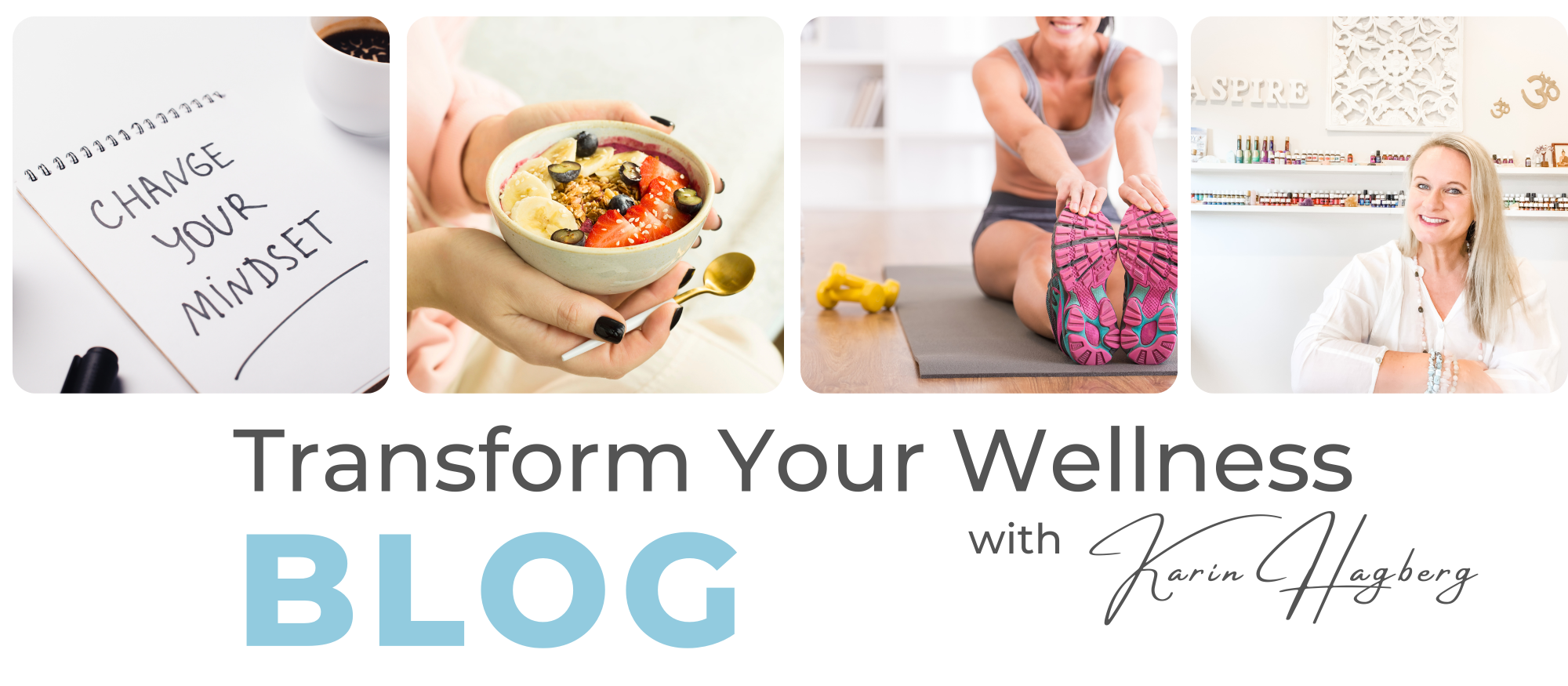
When I first discovered Pilates, I had no idea how deeply it would transform my life — not just physically, but mentally, emotionally, and spiritually. Over the years, it has become more than just a form of exercise for me. It’s a way to reconnect with my body, release tension, and feel truly alive.
And that’s why I created my own unique approach — Body Awakening Movement — a fusion of Pilates principles, mindful movement, and holistic wellness.
The Power of Pilates
Pilates is a gentle yet powerful method that works the entire body from the inside out.
It focuses on:
- Core strength – creating stability and support for everything you do.
- Posture – helping you move with grace and ease.
- Flexibility – keeping your body supple and resilient.
- Breath – connecting mind and body through conscious breathing.
When practised regularly, Pilates can improve alignment, reduce pain, and enhance body awareness.
Body Awakening Movement – My Signature Approach
While Pilates is at the heart of my practice, I’ve woven in my years of experience in fitness, wellness coaching, and holistic healing to create something more — Body Awakening Movement.
It’s not just about physical movement. It’s about awakening your whole self. Through mindful sequences, breathwork, and intentional focus, we work on:
- Releasing stuck energy
- Building strength without strain
- Improving mobility and balance
- Calming the nervous system
- Cultivating inner peace and self-awareness
Many of my clients say they leave a session not just feeling stronger, but lighter — both in body and spirit.
Why This Matters Now
In today’s world, so many of us live in our heads — constantly thinking, planning, and overworking. This disconnection from the body can lead to stress, pain, and fatigue.
Pilates and Body Awakening Movement bring you back into your body, help you move with ease, and give you a sense of presence that carries into every part of life.
My Gift to You
If you’d like to experience the benefits yourself, I’d love to gift you a FREE copy of my eBook:
Body Awakening – Balance Your Body, Mind, and Spirit with Pilates and an Active Lifestyle.
Inside, you’ll discover practical tips, guided exercises, and ways to bring more balance, strength, and joy into your daily routine.
Comment below to get your free eBook.
Final Thoughts
Movement is medicine — not just for the body, but for the mind and soul. Pilates and Body Awakening Movement are my ways of helping you reconnect with yourself, find balance, and feel truly alive.
Are you ready to awaken your body and transform your life?

Discover the transformative power of massage beyond the soothing spa stereotype; it’s a profound investment in your physical, mental, and emotional well-being. Experience the physical benefits such as alleviated muscle tension, improved circulation, and quicker recovery from exertion, while embracing the calming relief it offers from the relentless pace of modern life. Massage not only enhances your sleep quality and emotional balance but also becomes a cornerstone of your holistic wellness journey, merging seamlessly with healthy living habits and creating a sanctuary for emotional release and rejuvenation. Dive into the full enlightening exploration of how massage can rejuvenate your body and mind, and redefine your self-care routine to find a balanced and harmonious life.
Read more...
Explore the intriguing world of the Schumann Resonance, often referred to as the "heartbeat of the Earth," and discover its profound impact on our well-being, consciousness, and spiritual growth. This natural frequency, resonating at 7.83 Hz, aligns beautifully with our brain's relaxation and meditation waves, offering a unique connection between our bodies and the planet. Delve into how shifts in this resonance may affect our energy, emotions, and even lead to spiritual awakening, prompting us to evolve and find balance during frequency changes. Learn how to stay grounded by embracing nature, meditation, and tools like essential oils, offering a pathway to navigate these energetic shifts. Discover how tuning into the Earth's pulse can lead to deeper self-awareness and connectivity, inviting you to align with the planet's rhythm.
Read more...
Discover the transformative power of embracing new beginnings and letting go of the past in the latest episode of the Transform Your Wellness Podcast. Join a heartfelt conversation with a renowned humanitarian educator and holistic practitioner as they delve into the art of healing through adversity and the importance of spiritual resilience. Uncover insights on how to walk your soul's path with devotion and courage, and learn about the global impact of Emotions In Art Healing Studios. This episode is a beacon of inspiration for anyone ready to step into the next luminous chapter of their journey.
Read more...
Discover the ancient and transformative power of Kundalini, a sacred energy that lies dormant within you, waiting to awaken and illuminate your life. This divine feminine force, once activated, rises through your chakras, bringing profound spiritual insight, emotional healing, and a deep connection to your true self. Learn about the signs of a Kundalini awakening, and explore gentle practices like breathwork, Kundalini Yoga, and meditation that can support this powerful journey of self-discovery and liberation.
Read more...



